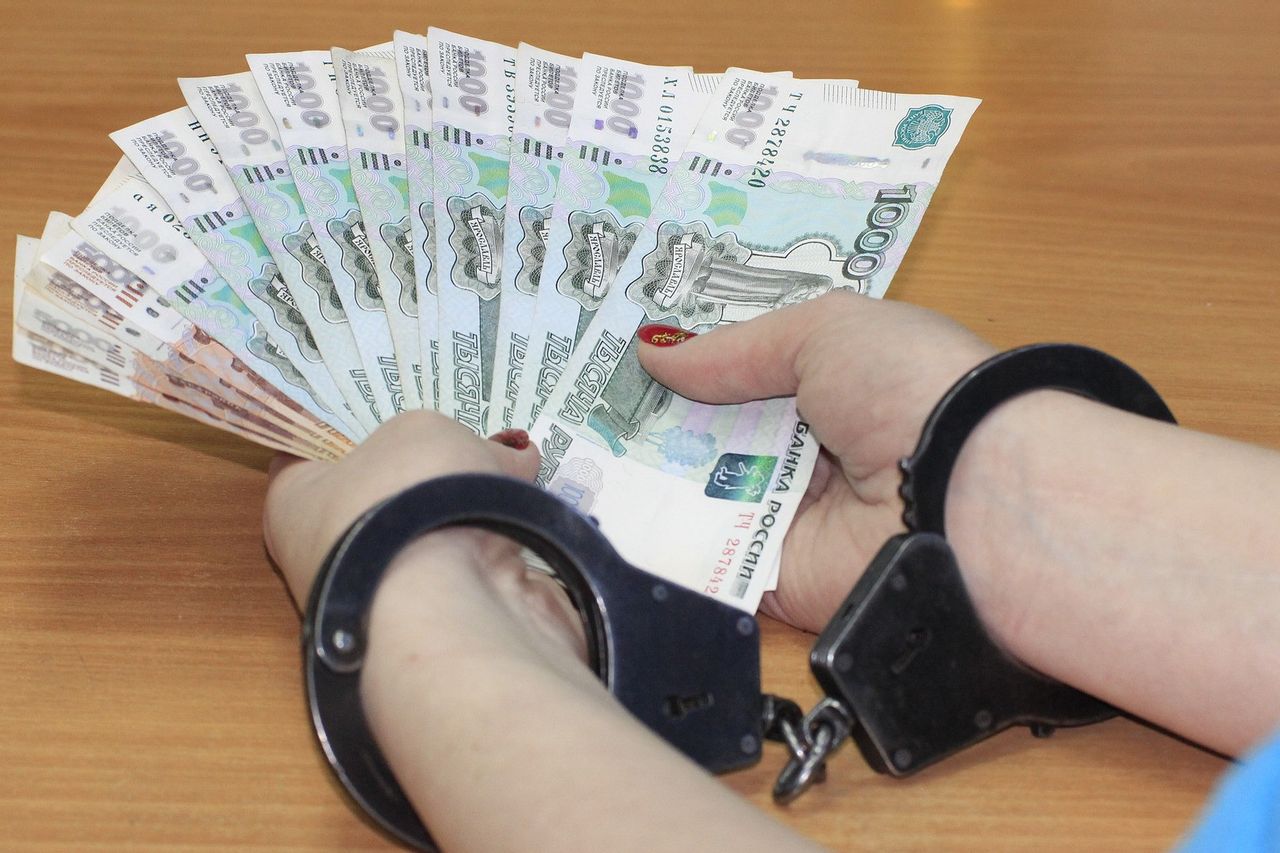Discourse On The Release Of Corrupt Prisoners Who Are Deemed Unreasonable

JAKARTA - In the midst of the COVID-19 pandemic, the Minister of Law and Human Rights (Menkumham) Yasonna Laoly plans to revise Government Regulation Number 19 of 2012 concerning Terms and Procedures for Implementing the Rights of Correctional Assisted Citizens.
This revision was made so that corrupt convicts aged 60 years and over and had served 2/3 of their prison terms could be released to reduce the spread of the corona virus in prisons.
The discourse on the release is considered by Indonesia Corruption Watch (ICW) researcher Kurnia Ramadana as evidence that Yasonna views corruption as not an extraordinary crime as stated in PP No. 19 of 2012. Even though the PP explains that a number of crimes have different provisions for fulfilling the rights of prisoners.
The crimes referred to are criminal acts of terrorism, narcotics and narcotics precursors, psychotropic drugs, corruption, state security crimes, serious human rights crimes (HAM), and other transnational organized crimes.
"It is important to understand that the crime of corruption cannot be equated with other forms of crime. Apart from harming state finances, corruption also damages the democratic system, and is even categorized as a violation of human rights," said Kurnia, as quoted by VOI in his written statement, Friday, April 3.
Menkumham, said Kurnia, also made corruptors not deterred from doing corruption by releasing them on the pretext of preventing them from spreading COVID-19 in prisons. Because, so far, corruptors often receive light sentences of around two to five years and they often find it easy in prisons by bribing officers.
Instead of freeing corrupt convicts, Kurnia asked Yasonna to focus on freeing prisoners from other legal cases. Moreover, data from the Ministry of Law and Human Rights in 2018 shows that the number of corrupt convicts is only 4,552 out of the total number of prisoners who reached 248,690.
"This means that corruption convicts are only 1.8 percent of the total prisoners in prisons. So it would be better if the government focuses on convicts of crimes such as drugs or other general crimes, which in quantity are far more than corruption," he said.
The reason Yasonna released corrupt prisoners was because the corona virus was also considered too far-fetched by Kurnia. This is because one of the correctional institutions, namely Sukamiskin Prison, Bandung, provides privileges for corrupt convicts.
In these prisons, corrupt prisoners get the privilege of one detention cell for one person. This is clearly different from the situation in other prisons, where in one detention cell there are dozens of people.
In addition, the revision submission for corrupt convicts should raise a question mark. This is because this is not the first time Yasonna has submitted a revision of the regulation during his tenure as Menkumham.
ICW noted that this PDI-P politician has asked for the revision of PP 99/2012 four times, from 2015 to 2017 and continued in 2019. The issues brought up by Yasonna are always the same, wanting to make it easier for the perpetrators of corruption when serving a sentence.
In fact, according to many parties, this regulation is a progressive regulation to maximize the provision of a deterrent effect on corruption actors.
So, Kurnia then hopes that President Joko Widodo and the Coordinating Minister for Political, Legal and Security Affairs (Menko Polhukam) Mahfud MD will reject Yasonna's discourse if it is true that this discussion is brought up in a limited meeting.
"President Jokowi and Menkopolhukam reject Yasonna Laoly's discourse to revise PP 99/2012 because it has no relevance to the prevention of corona transmission."
Yasonna's plan to release corrupt convicts is also being taken into account by the Corruption Eradication Commission (KPK). Deputy Chairman of the Corruption Eradication Commission, Nurul Ghufron, had stated that this anti-graft agency agreed that corrupt convicts were released to prevent the spread of COVID-19, such as the discourse of the Minister of Law and Human Rights.
"We respond positively to Pak Yasonna's idea as an adaptive response to the Covid-19 virus outbreak, given that our correctional capacity has reached more than 300 percent, so the implementation of social distance for inmates in current conditions is not possible," Ghufron said in his statement, Thursday, 2 April.
The KPK, he said, handed over the PP revision mechanism to the Ministry of Law and Human Rights while ensuring that the PP revision did not neglect aspects of the objectives of punishment and justice.
Ghufron also said that the release of prisoners on humanitarian grounds can indeed be done as long as they pay attention to the aspects of the objectives of punishment and justice.
Later, Acting KPK spokesman Ali Fikri clarified Ghufron's statement. According to him, the anti-graft agency wants the discourse on the revision of Government Regulation Number 99 of 2012 to be reviewed systematically and thoroughly.
This is because the KPK does not want the impression that corrupt convicts can be released from prisons arbitrarily even though they are under the pretext of preventing the spread of COVID-19.
"The KPK hopes that if the revision of the PP is carried out it will not make it easier for corrupt convicts, given the impact and danger of corruption which is very detrimental to the state and society," Ali said, adding that the KPK Legal Bureau was also not invited to discuss this revision.
He also asked the Ministry of Law and Human Rights to clearly disclose the data related to the number of convicts in corruption cases. So, the public can judge whether or not there are so many corruption convicts that they must be released in the midst of the COVID-19 pandemic.
"In our opinion, Kemenkumham should convey to the public openly what crime convicts are overcapacity in prisons at this time," he concluded.
